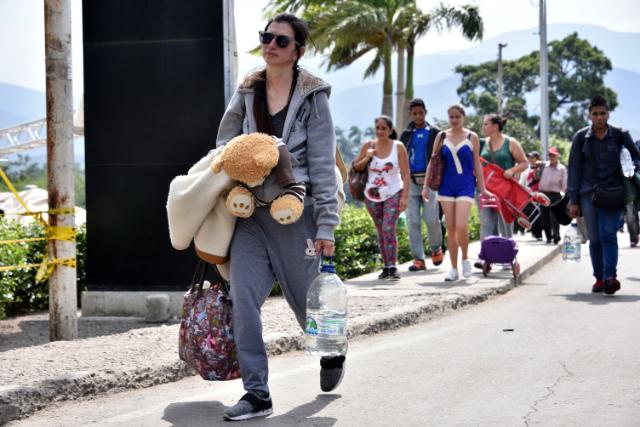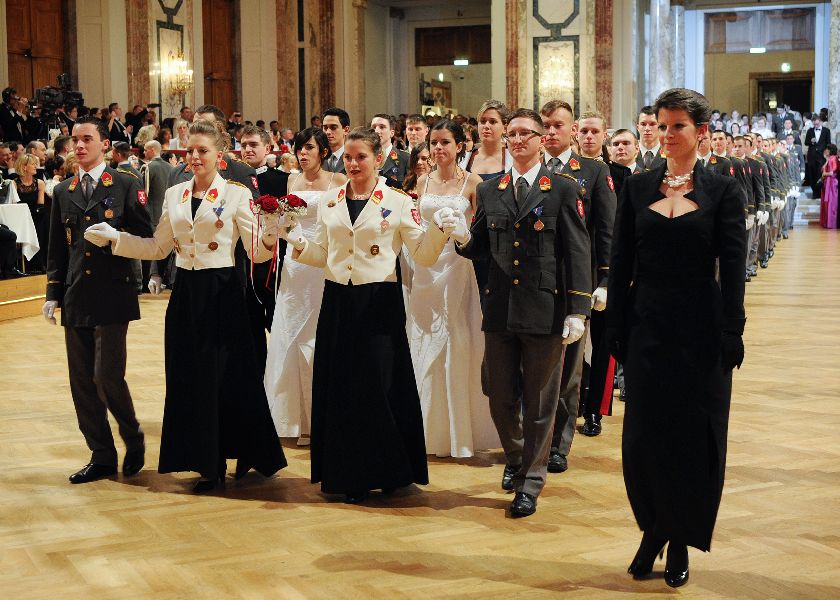The European position in Venezuela: difficult to grasp
(B2) The attitude of Europeans towards the situation in Venezuela is somewhat perplexing. As much as the position was quite clear at the beginning, in favor of a dialogue, calling on Maduro to respect human rights and the opposition, etc. As much as we remain skeptical about the turn taken in recent days

A languishing position
The Venezuelan crisis has been on the agenda of Europeans for more than two years (read our dossier n°68: Europeans faced with the crisis in Venezuela). And these failed to imprint their rhythm and their method. They dithered for a long time, before finally announcing last Friday (February 1st), in Bucharest, during their informal meeting, the creation of a international contact group, made up of a plethora of eight countries on the European side. It would be wrong to believe that this is a group of mediators. Ambition is not more to have a dialogue, it's too late, but to put pressure on the regime to obtain elections explains a senior European diplomat.
Then a reconnaissance at a run
At the same time, the main European countries (Spain, France, Germany, United Kingdom) followed by about fifteen others, decided to recognize the president of the assembly Juan Guaidó, as the only legitimate entity (1). The eight-day deadline given to the Maduro regime to change its position was not acceptable, and largely resembles a desire for democratic interference. A position more linked to the American policy of intervening directly in the crisis. Europeans not wanting to appear behind Washington (2).
A contradictory position
This double position — on the one hand the contact group which is struggling to set itself up, on the other the reconnaissance at a run — is difficult to understand, even contradictory. Admittedly, the Europeans can hope to pull the rug out from under the temptation of military intervention. But the game is eminently risky. Because this last attempt, in the form of a gamble, could quickly appear as a decoy.
A risky bet
If Nicolás Maduro, supported indirectly by Russia and some Latin American governments, plays the showdown and brings in the army, prompting an American response if necessary, what are the Europeans going to do? Intervention is out of reach. We will therefore come back to European fundamentals: appeal for calm, restriction of the use of force, and... sending of humanitarian aid. The Europeans will then be forced to admit weakness, by being spectators of strength. A new time. As they have already done in Libya, Syria and Ukraine. And everyone will then ask themselves the question: Europeans, how many divisions?
(Nicolas Gros-Verheyde)
- Recognition carried out in an astonishing way: via twitter, in statements to the media, etc. Without an explicit, written, authenticated government position.
- We can also see in it a sort of diplomatic 'compensation' for the courageous decision of the E3 (France, Germany, United Kingdom) to confront the Trump regime squarely on the Iranian nuclear issue. Read : The establishment of the SPV, the barter instrument with Iran, a strong symbolism

